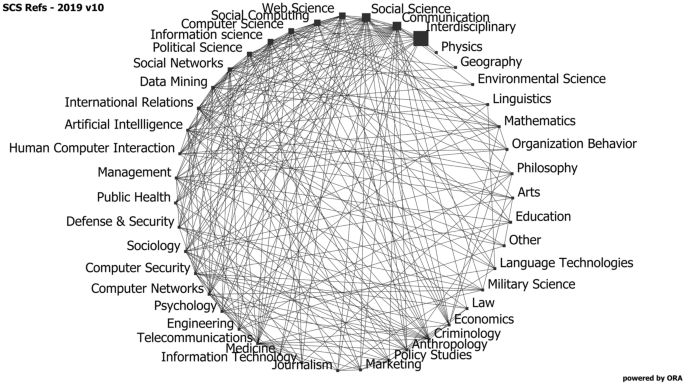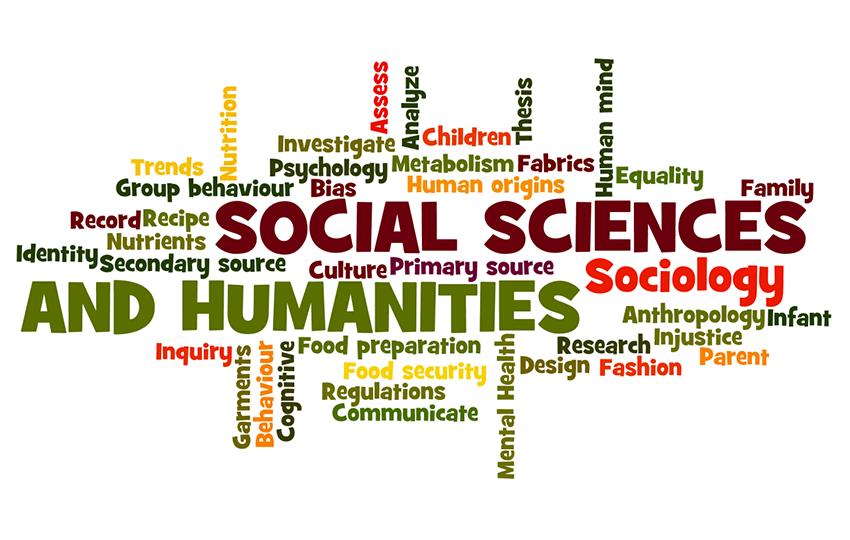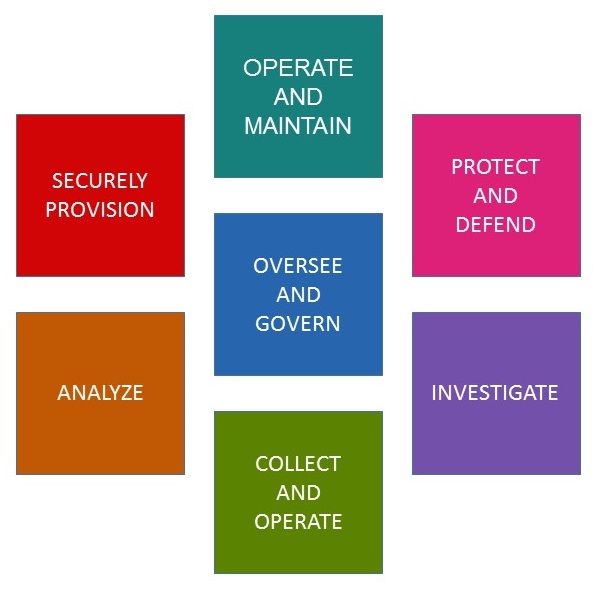– CYSE 201S –
In our CYSE 201S course, we examined cybersecurity from a social science perspective, diving into the social, political, legal, and economic sides that influence cybersecurity threats. One of the key experiences in this class was a group project that involved analyzing how social factors contribute to cyber incidents. We explored real-world case studies, including the influence of political climates on cybercrime and the role of social norms in cyber ethics. This course also covered the legal frameworks governing cyber activities, such as international law and domestic regulations, and how these laws shape responses to cybersecurity incidents. Understanding how human behavior and societal structures impact cybersecurity gave me a holistic view of cyber threats, far beyond just technical defenses. This experience was crucial in helping me understand the nature of cybersecurity with broader societal issues, which is key to my future goals in cybersecurity engineering with a focus on governance, risk, and compliance (GRC).
From this course, I developed critical thinking, cultural awareness, and an understanding of ethical frameworks in cybersecurity. Analyzing the societal implications of cyber threats helped me hone my ability to think beyond just technical solutions and consider how social and political factors drive risks and responses. Working on group projects also improved my collaboration and communication skills, particularly in presenting complex ideas that span both technical and non-technical fields. These skills are crucial to my career in cybersecurity engineering, where understanding the human factors and legal aspects of cybersecurity is as important as technical expertise.





Principles of Science
All scientific principles can be applied and related to Cybersecurity through the social science framework. The scientific principles include relativism, objectivity, parsimony, skepticism, ethical neutrality, and determinism. Social science is all about people and how people behave and how they are influenced by different things. Cybercrimes that occur over the internet are always done for a reason. This could be for money and enjoyment, but it could also be for a good reason to find flaws in networks and security systems. Cybersecurity is under the study of science for a reason because it covers all areas from natural science to social science.
NICE Workforce Framework
There are many areas within the NICE Workforce Framework that are covered and many opportunities to work in. The areas that I would mostly focus on are to protect and defend where they identify, analyzes, and mitigate threats to IT systems and networks. I have always been more interested in being in the “blue team” to protect networks in cybersecurity. Another reason why I would focus on this area is that it is all that I have learned. Currently, I have been taught how to defend against viruses and malware and protect myself on the internet. Hopefully, in the future, I will learn more and become diverse in other areas.
Other areas that could appeal the most to me are Investigate, Operating and Maintaining. Investigate is an interesting area because it deals with the crimes that occur over the internet. They find out the flaws in the network and systems that caused the attack. Criminology also ties into the area because it deals with why the crimes were committed. The area that Operates and Maintains makes sure that security is updated and performs to max potential. Maintenance such as fixing computers and devices has given me an interest in this field. Working to keep networks systems safe and efficient would be very interesting to be a part of.
The only area that does not appeal to me as much is Oversee and Govern. Maybe in the future, I will be able to run, and conduct govern work but for now, it does not interest me. I feel like it would be too stressful to lead and manage a team with barely any leadership experience.

